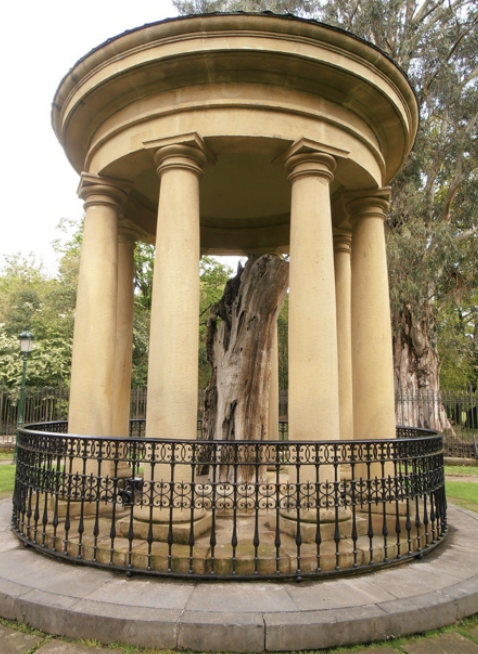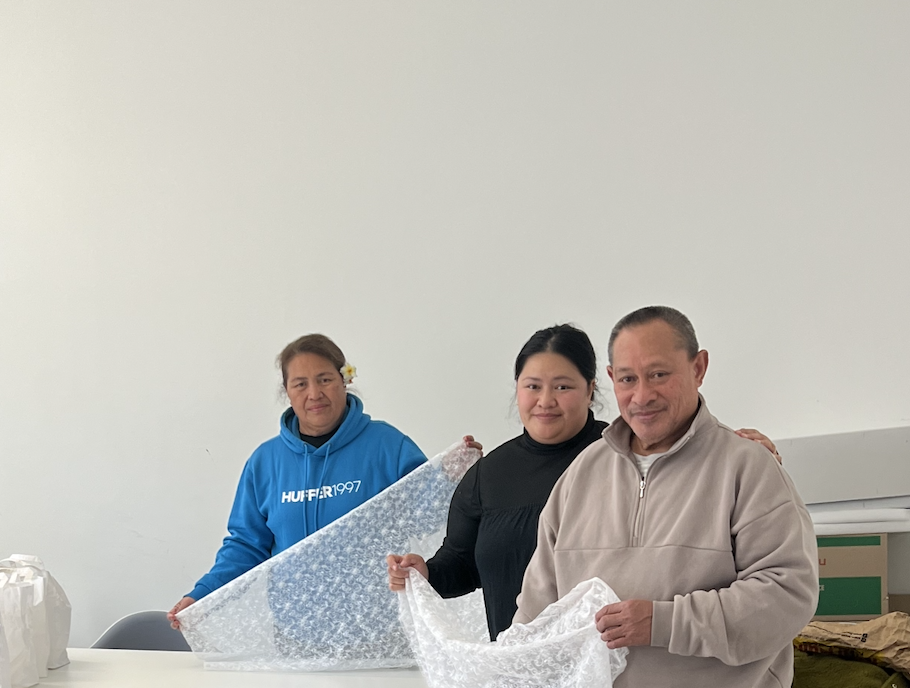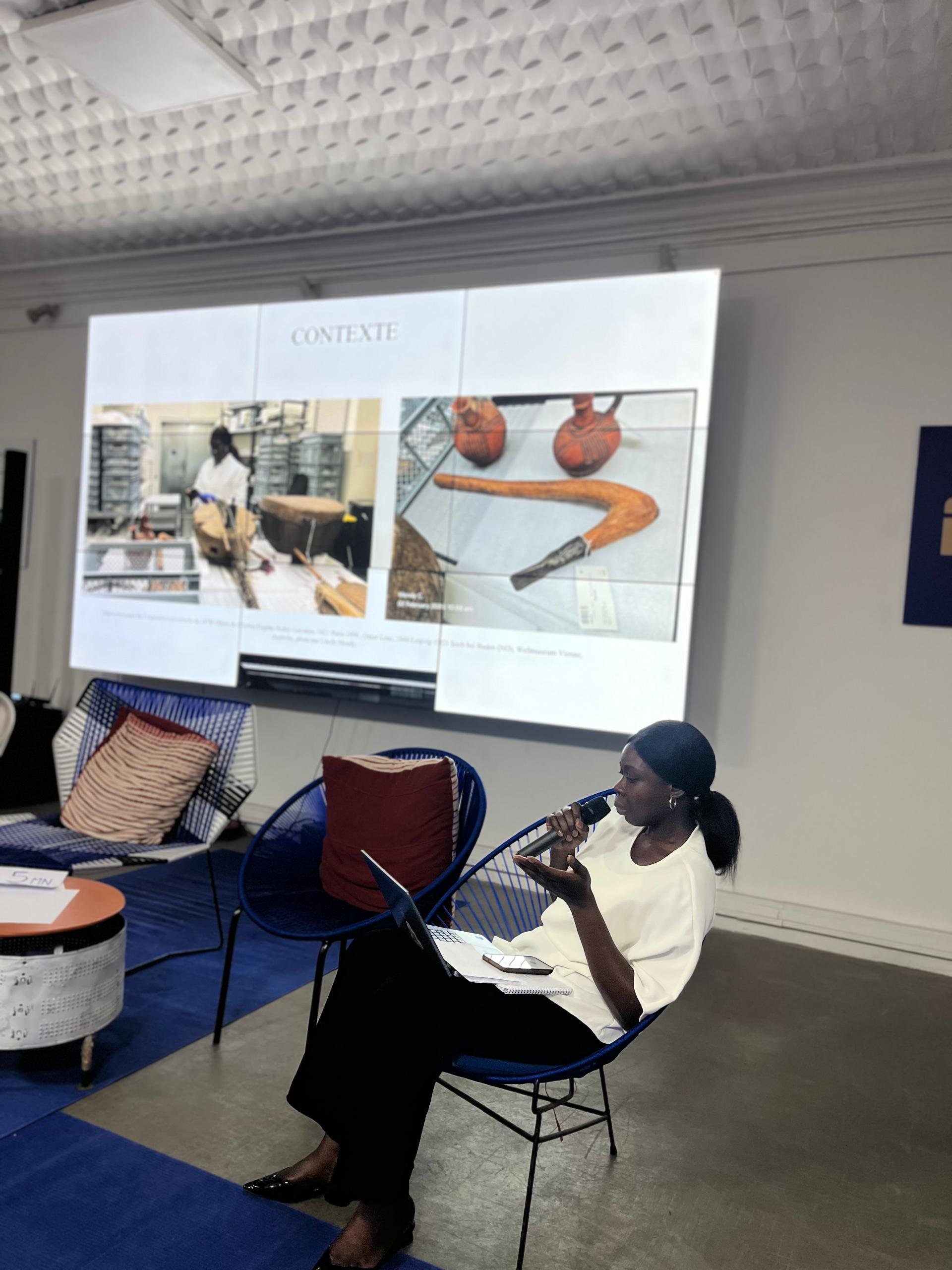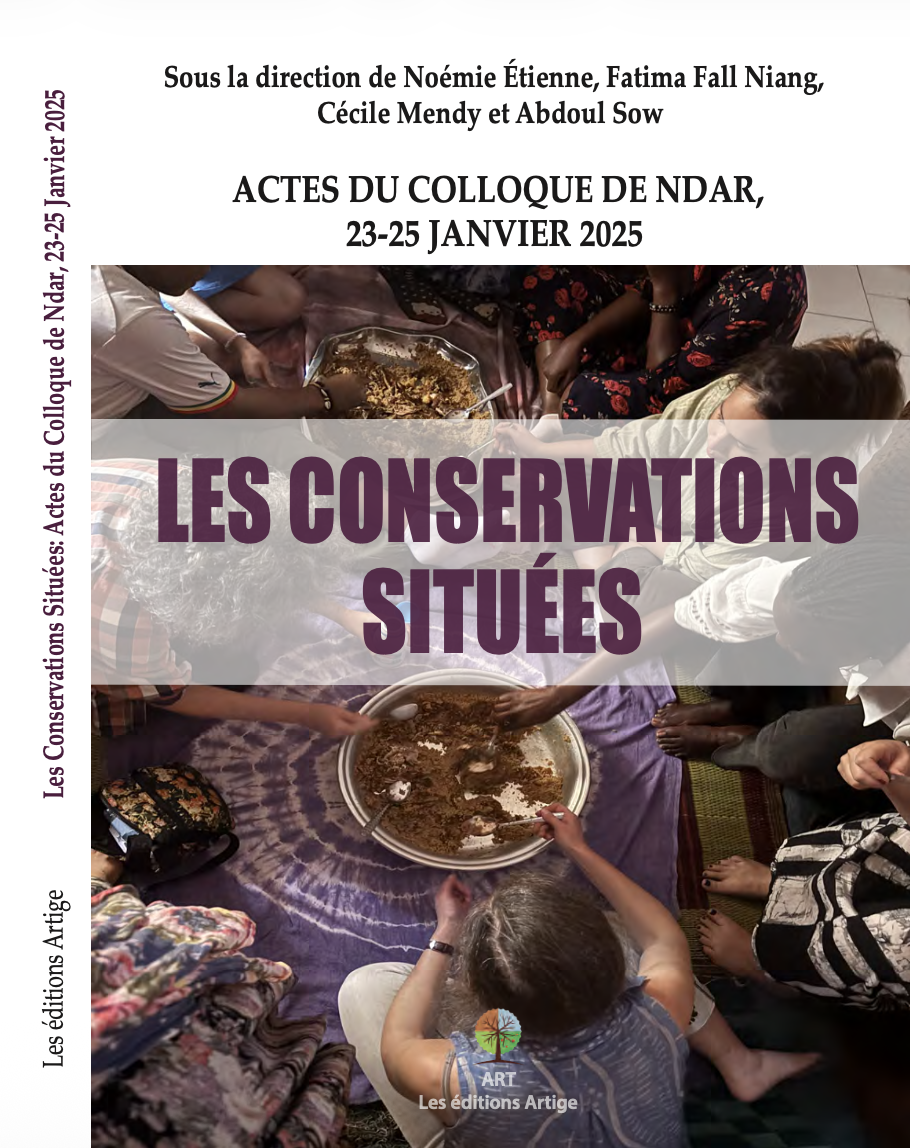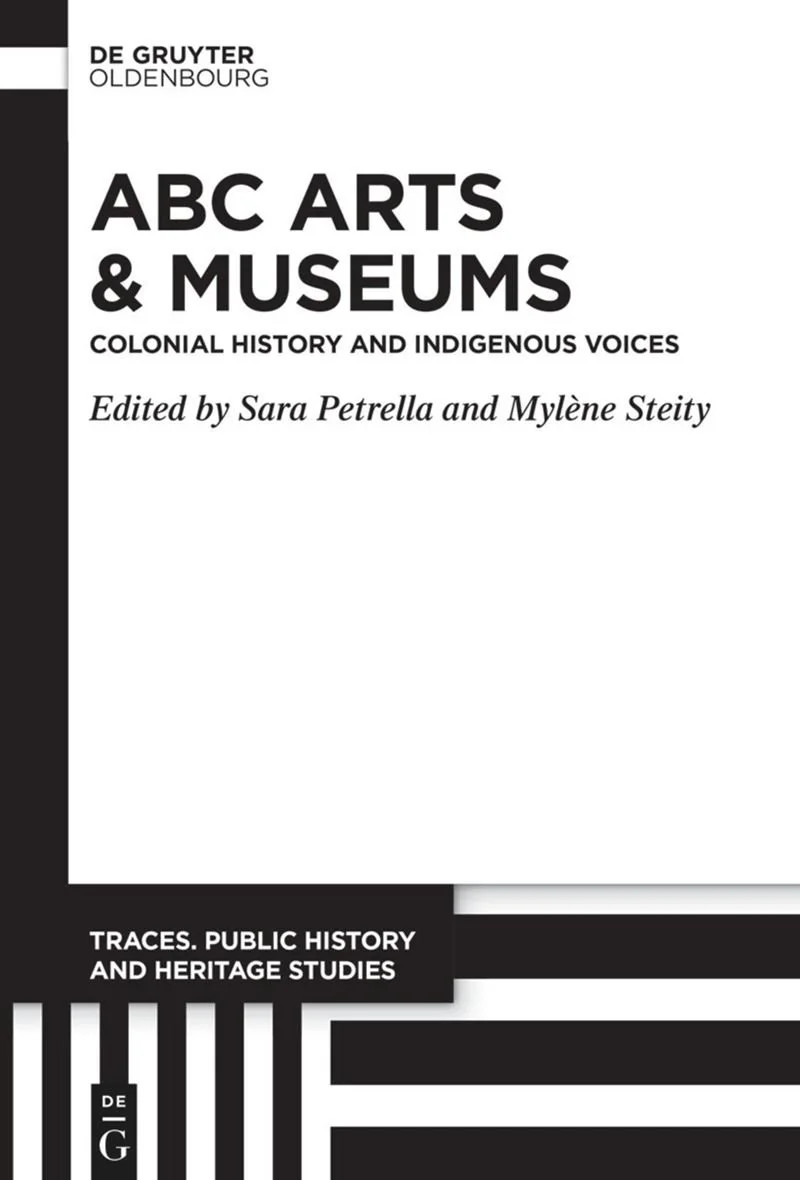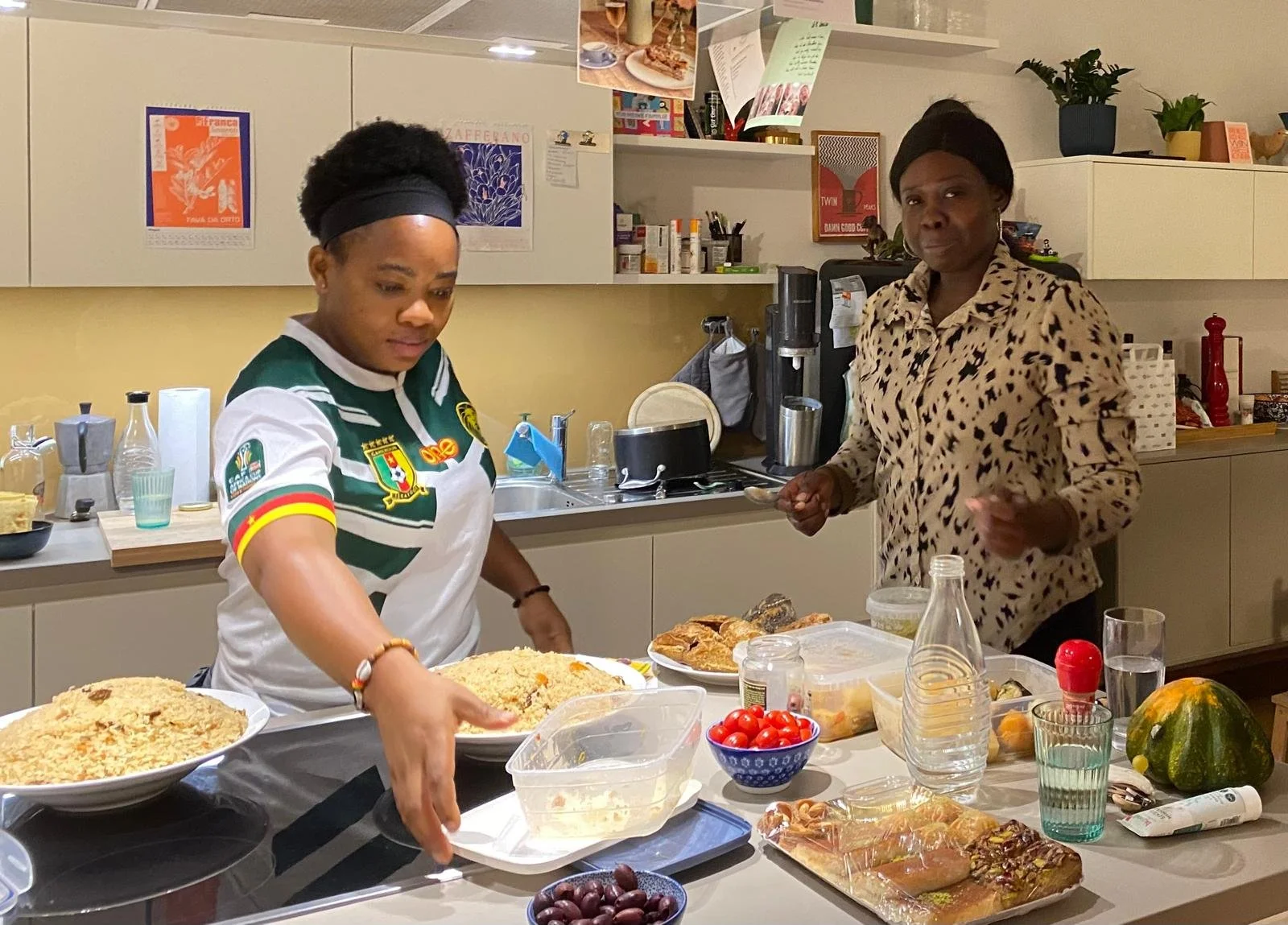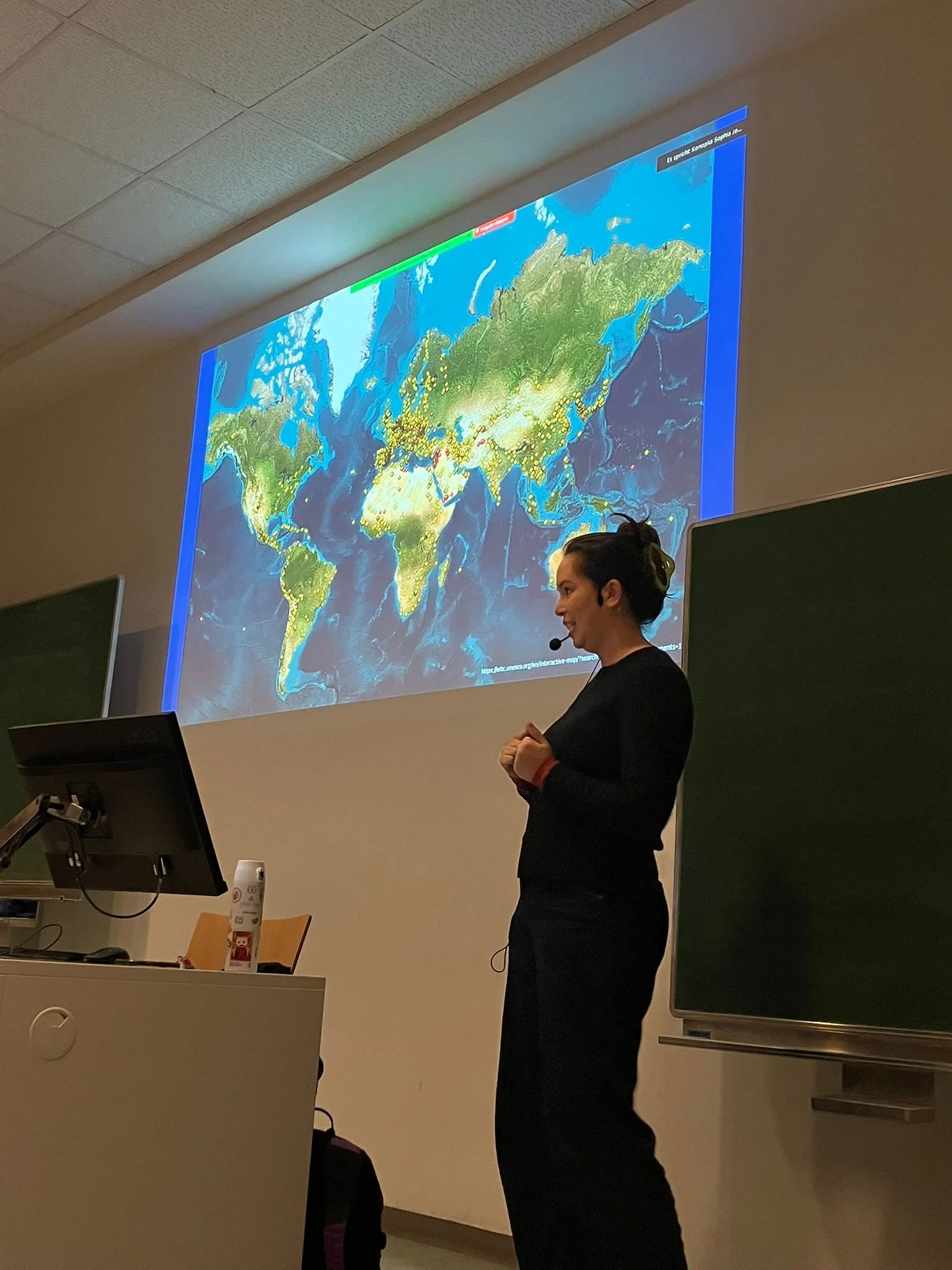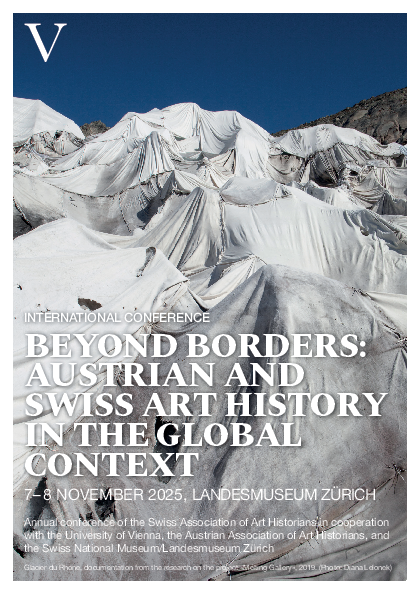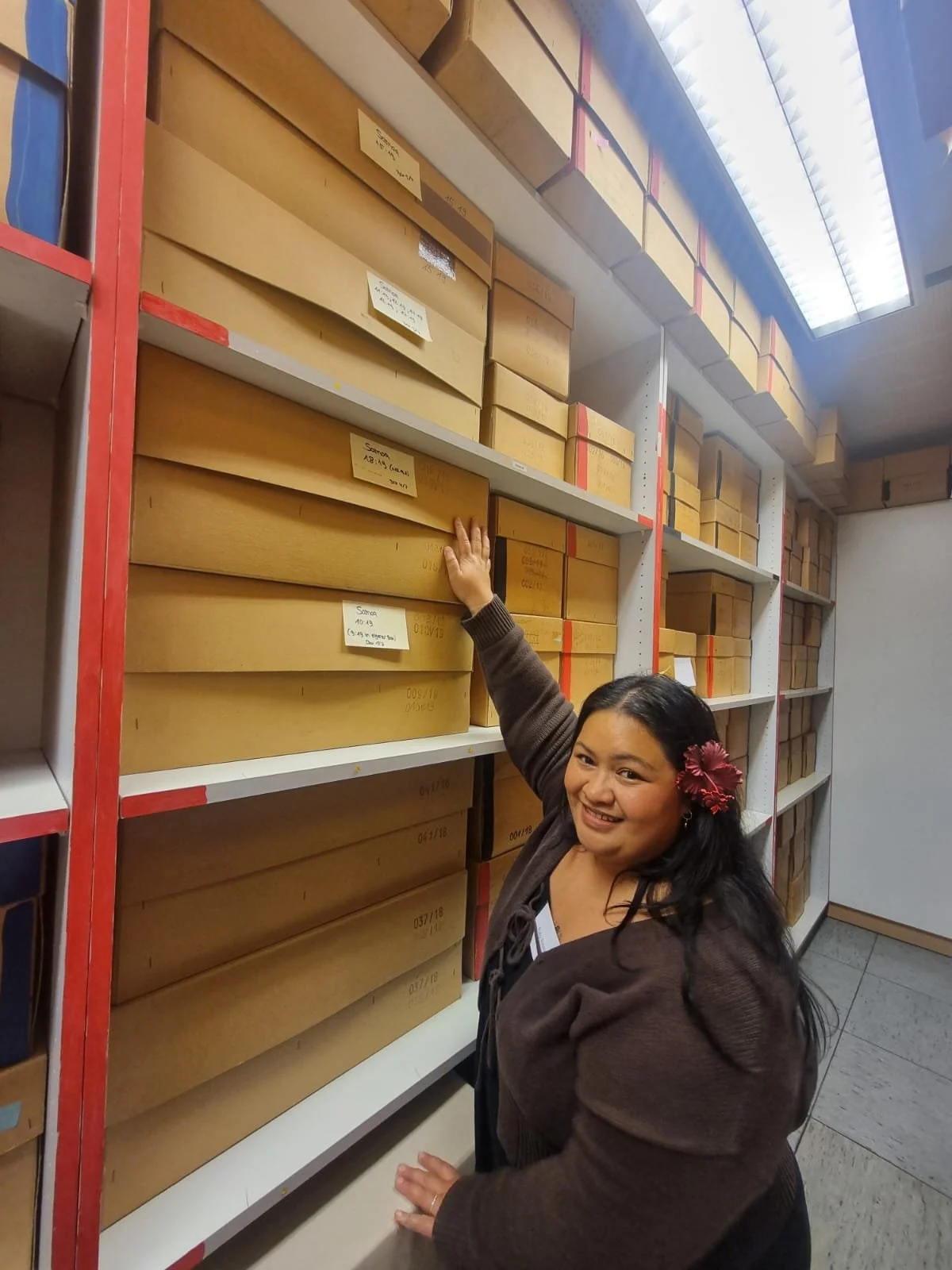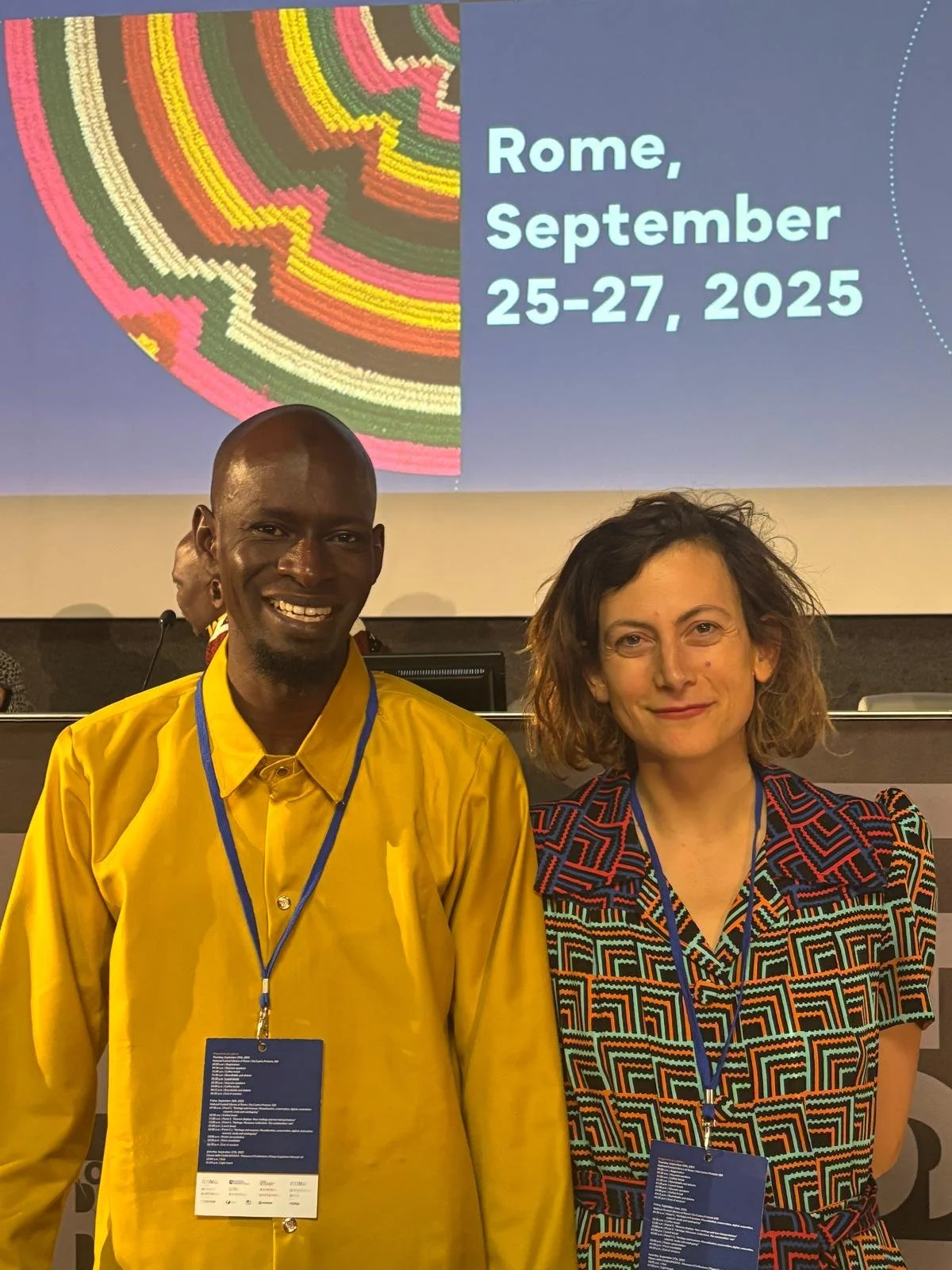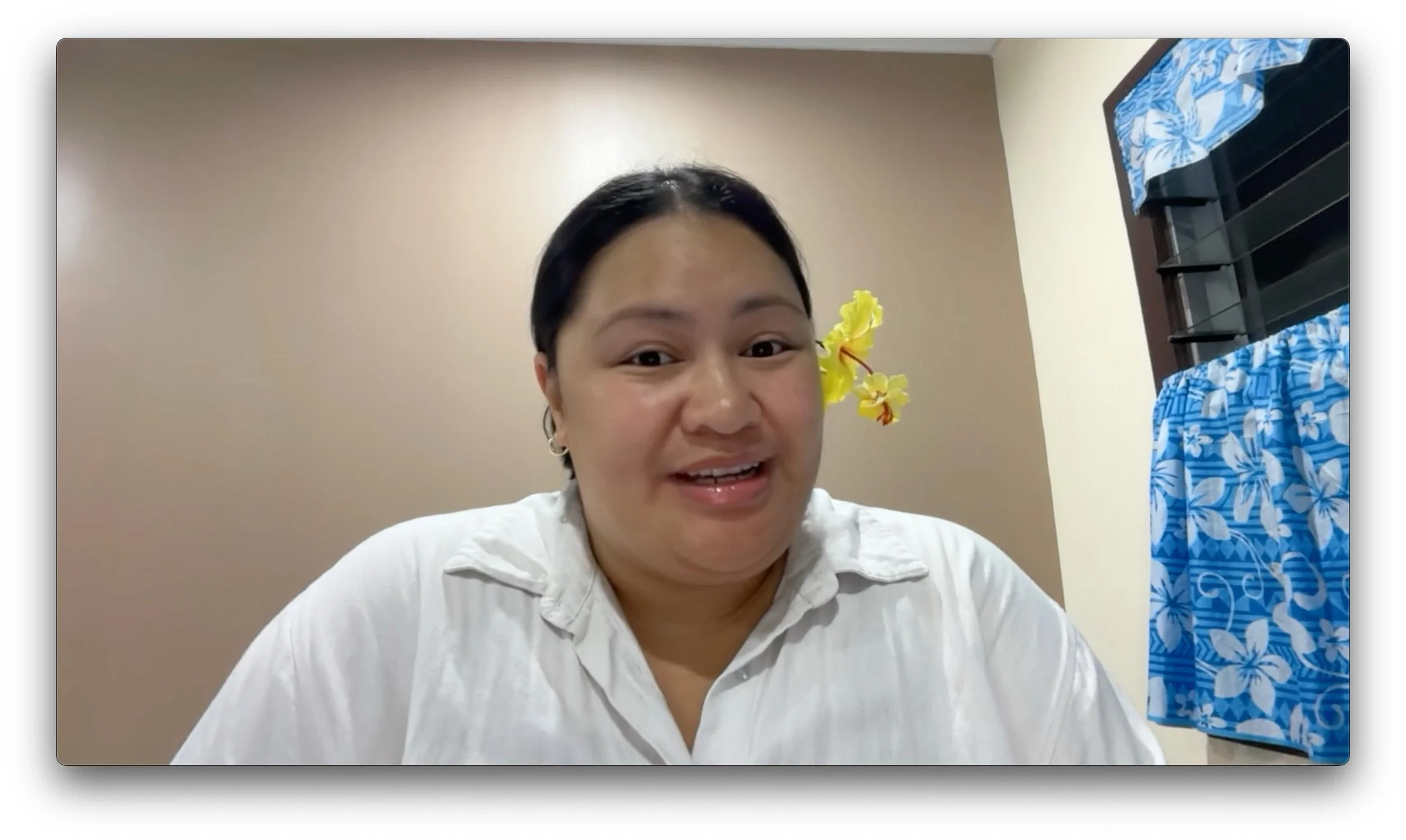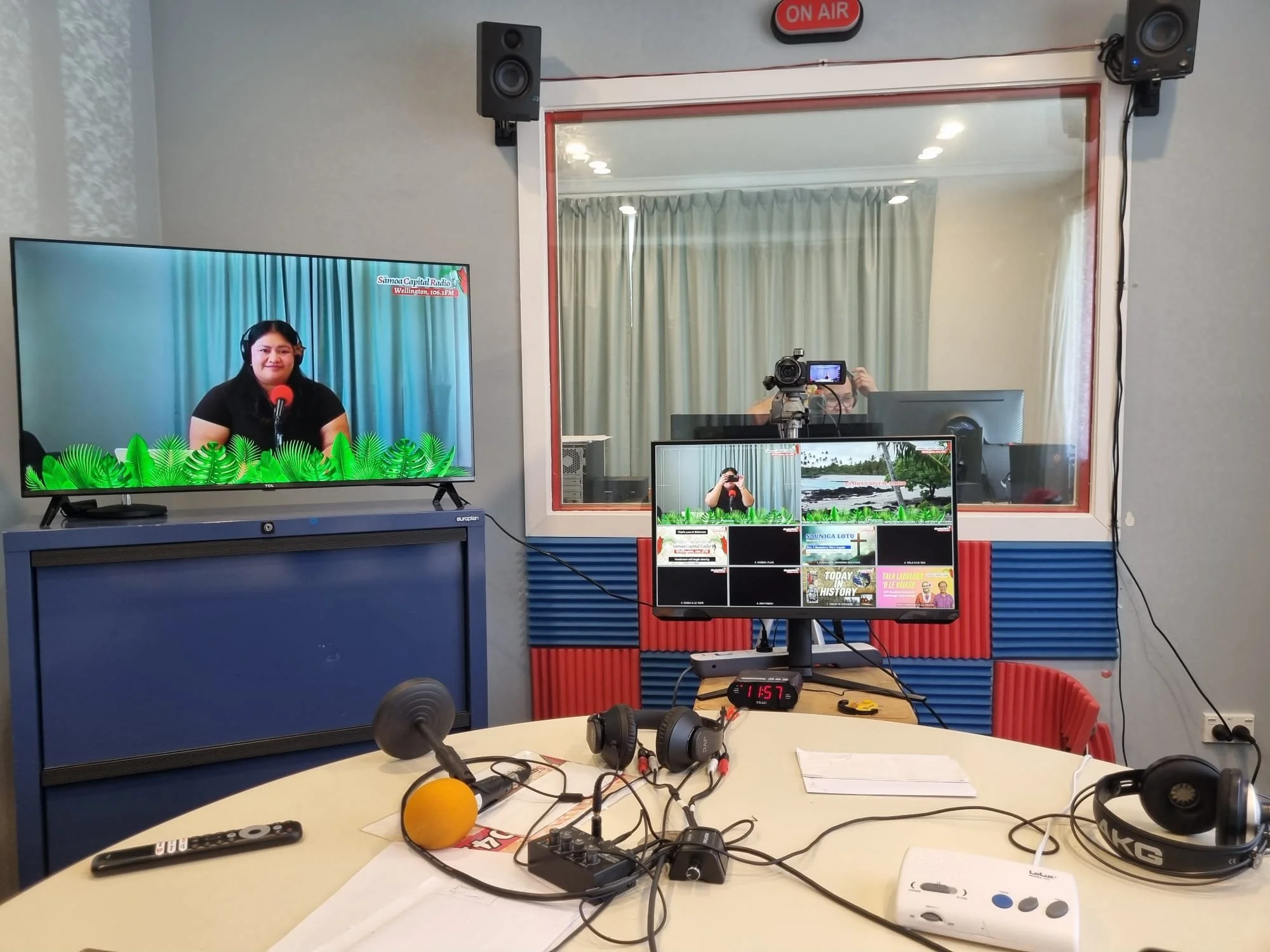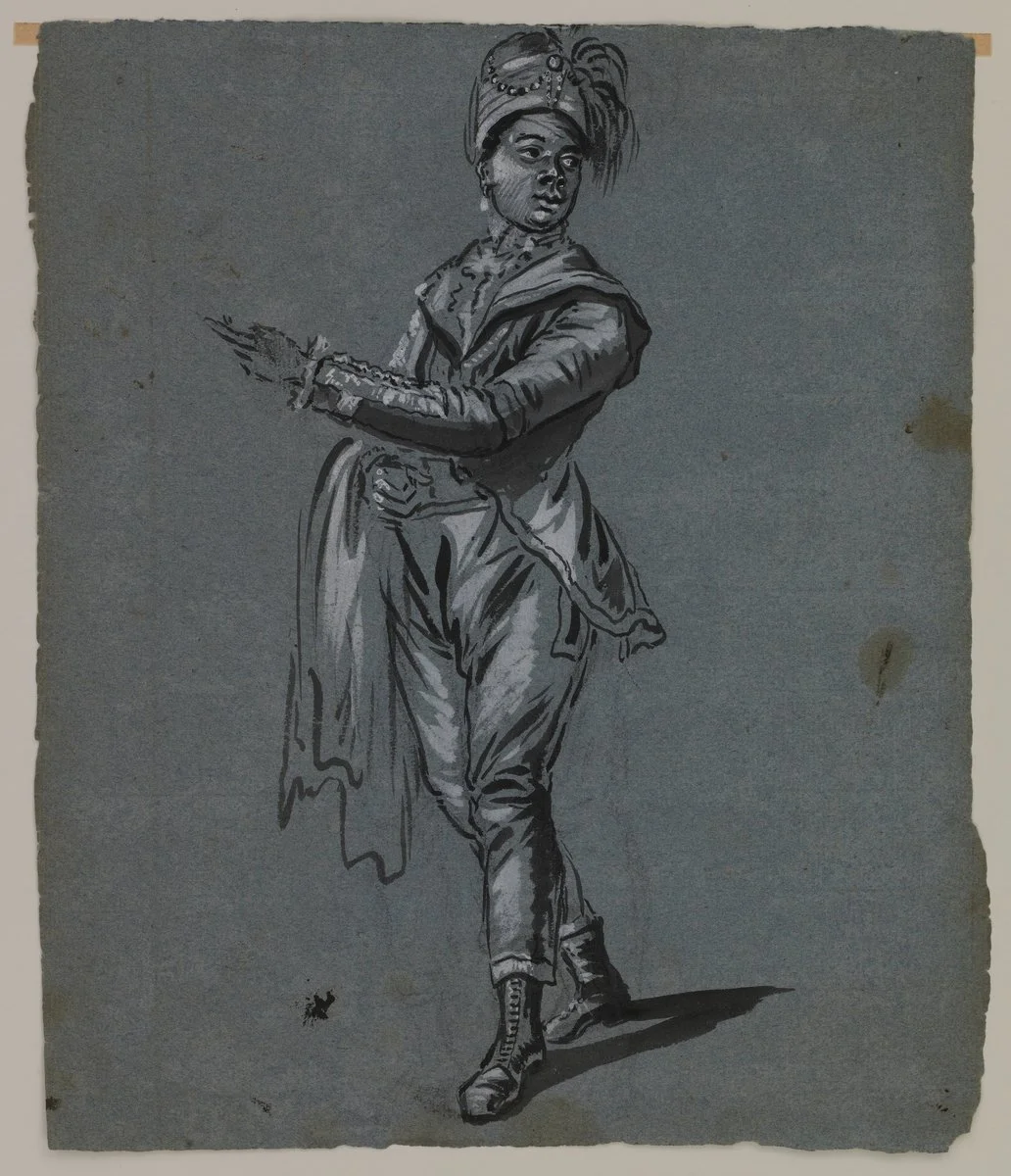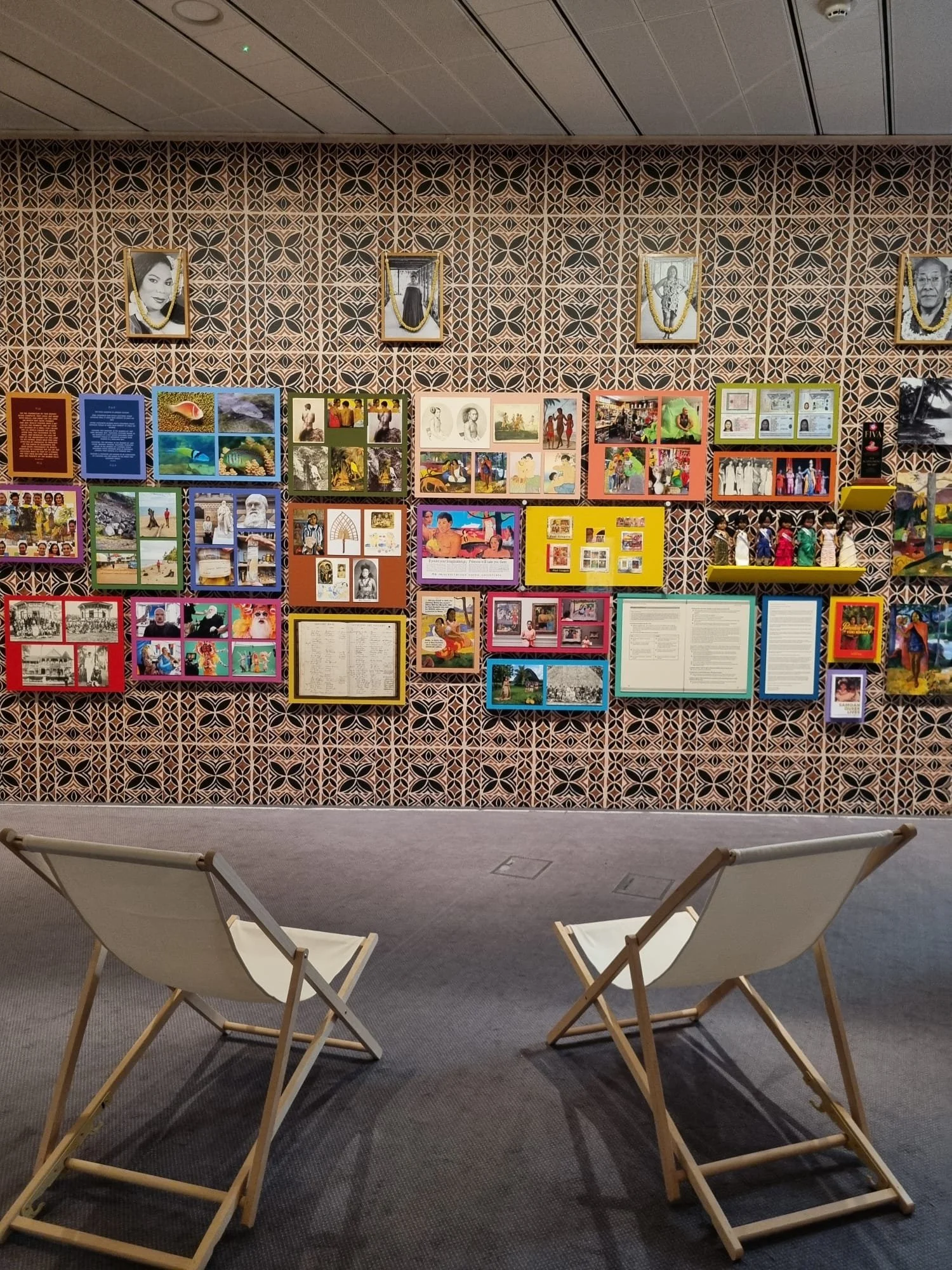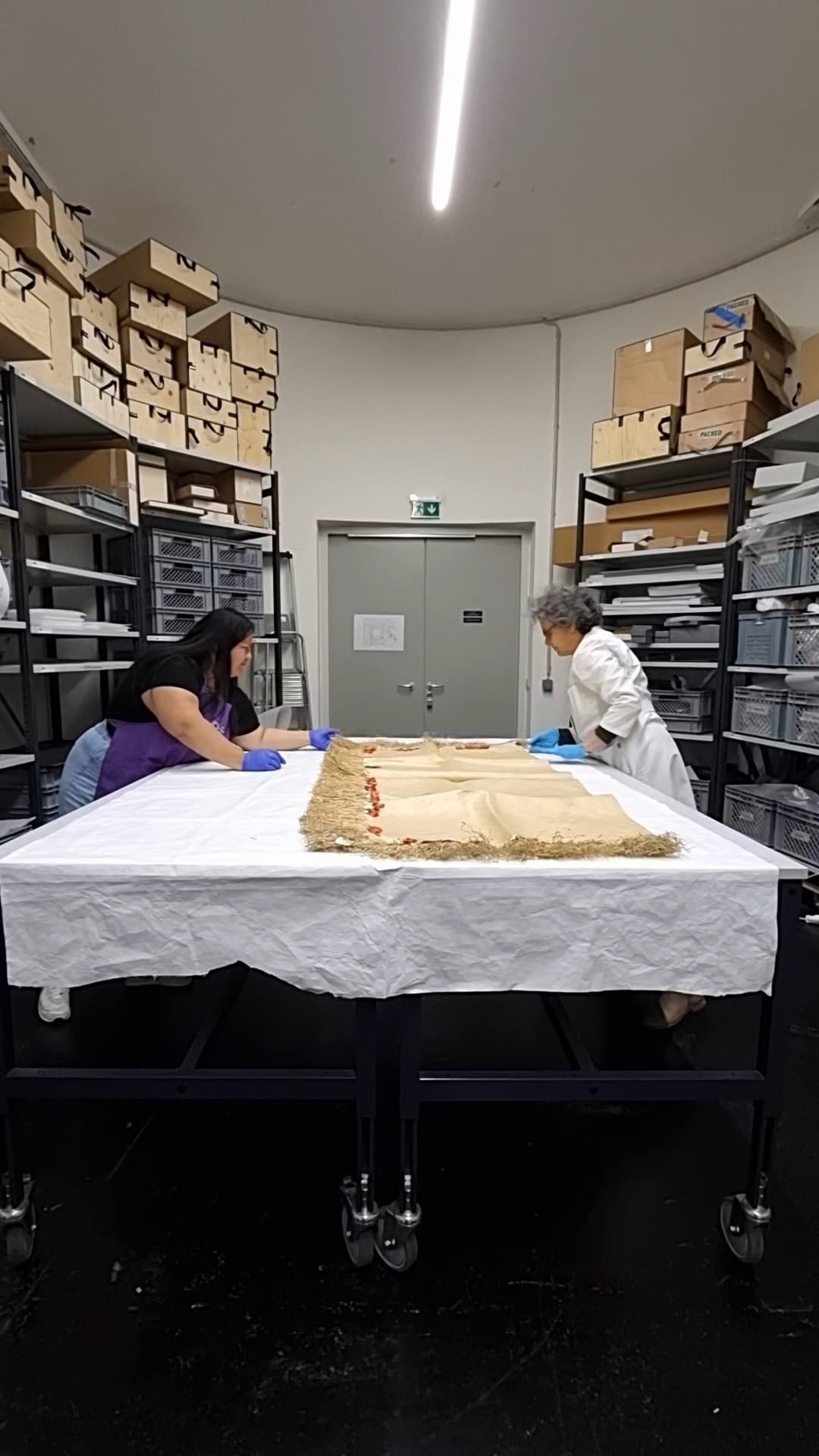

Global Conservation: Histories and Theories
What does conservation mean to you?
Global Conservation: Histories and Theories (GloCo) is the first academic research project studying the histories and theories of conservation of material culture at a global level from the 16th to the 21st century.
GloCo approaches conservation as a set of cultural and technological practices that aim to preserve and give access (or not) to art and material culture. Developing an innovative framework, GloCo centers its focus on the study of a carefully chosen selection of objects. The project deals with the missing histories and theories of the conservation of (im)material culture on a global scale.
Team Members are coming from Cameroon, Senegal, Aotearoa-New Zealand, Thailand, and Austria.
The GloCo Glossary is live!
After two years of collaboration with communities, researchers, and artists worldwide, we are proud to share the GloCo Glossary — a living, evolving platform for conservation knowledge.
The glossary is open to everyone: you can read, listen, and contribute your own definitions of conservation in all its diverse forms.
What's Happening? Discover It in Our GloCo Blog!

News & Projects
About GloCo
-
Striving to counterbalance the narrative of Western domination in the field, our primary goal is to compose histories that are both more inclusive and accurate. Exploring various methods of caring for objects and collections within and outside the museum, we emphasize the significance of situated historical and theoretical knowledge. Interrogating the influence of coloniality on care practices and discourses is a crucial aspect of our work. Additionally, our focus extends to the systematic study of the overlooked histories and conservation theories of material culture globally, spanning from the sixteenth to the twenty-first century.
-
Museums and collections are increasingly facing new challenges: Demands to return artworks to their countries of origin are just as much a part of this as questions about the appropriate display of collections. Conservation practices are changing to the extent that experts and stakeholders are jointly selecting the most suitable methods for preserving (im)material culture. In addition, conservation and sustainability have found their way into preservation. Although many museums exhibit artifacts of diverse origins and deal with complex conservation practices on a daily basis, there are no comprehensive resources on the legacy of conservation, including Indigenous approaches worldwide, and the link between conservation and (neo)colonialism.
-
Project leader:
Noémie ÉtienneProject members:
Honoré Tchatchouang NgoupeyouAdministration:
Szilvia SteinerProject assistant:
Manon Fougère -
Current PhD Projects
Cécile Mendy
Traditional Conservation of Pottery, Textile, and Basketry in West AfricaRuby Satele Asiata
Recentering Faasamoa in the Caring of Museum CollectionsRenée Riedler
Replication as Conservation StrategyMaeva Pimo
Queer Archives in Cameroon
Conferences
-
"Situated Conservations" Conference - Saint Louis, Senegal
We hosted our own conference on “Situated Conservations” in Saint-Louis, Senegal in January 2025.
-
36th CIHA World Congress - Lyon, France
The CIHA was held in Lyon from 23rd to 28th June of 2024. Noémie Étienne hosted two panels, one on the 24th and one on the 27th.
Publications
-
Article: Situated Conservation: Pragmatism, Politics, and Aesthetics of Care, 2025.
by Noémie Etienne and Maeva Pimo in The Invention of Scientific Conservation edited by Sven Dupré and Esther von Duijn, 2025.
-
Article: Communities, Sammlungen und Sorgfalt, 2025.
by Mariama de Brito Henn, Noémie Etienne and Ruby Satele Asiata in Rassismuskritische Dokumentation. Ein Handbuch für GLAM-Institutionen by Critical GLAM, 2025.
-
Preface and Entry on "Conservation": Histoire coloniale et voix autochtones, 2025.
by Noémie Etienne in ABC Arts & Musées edited by Sara Petrella and Mylène Steity, 2025.
-
Article: Tirer les ficelles. Usage et réparation de collections en tension, 2025.
by Noémie Etienne in Museum, Materials and Discussions. Journal of Museum Studies, 2 (1), 181–199, 2025.
-
Monograph: Indigenous Heritage and Identity of the Last Elephant Catchers in Northeast Thailand, 2025.
by Alisa Santikarn
-
Special Issue: Contested Conservation, 2024.
Special Issue of Museum & Social Issues Journal, co-edited by Noémie Etienne and Lotte Arndt.
-
Article: Des objets aux personnes. Recentrer la conversation, Lettre de l’OCIM, 2024.
by Noémie Étienne, Maeva Pimo & Ruby Satele Asiata
-
Special Issue: On the Threshold of Conservation, 2024.
Special Issue of the online Journal Troubles dans les Collections, co-edited by Noémie Etienne and Lotte Arndt.
ERC Consolidator Grant, funded by the European Union under the Grant Agreement Nr. 101087659. Views and opinions expressed are however those of the author(s) only and do not necessarily reflect those of the European Union or European Research Council Executive Agency. Neither the European Union nor the granting authority can be held responsible for them.



